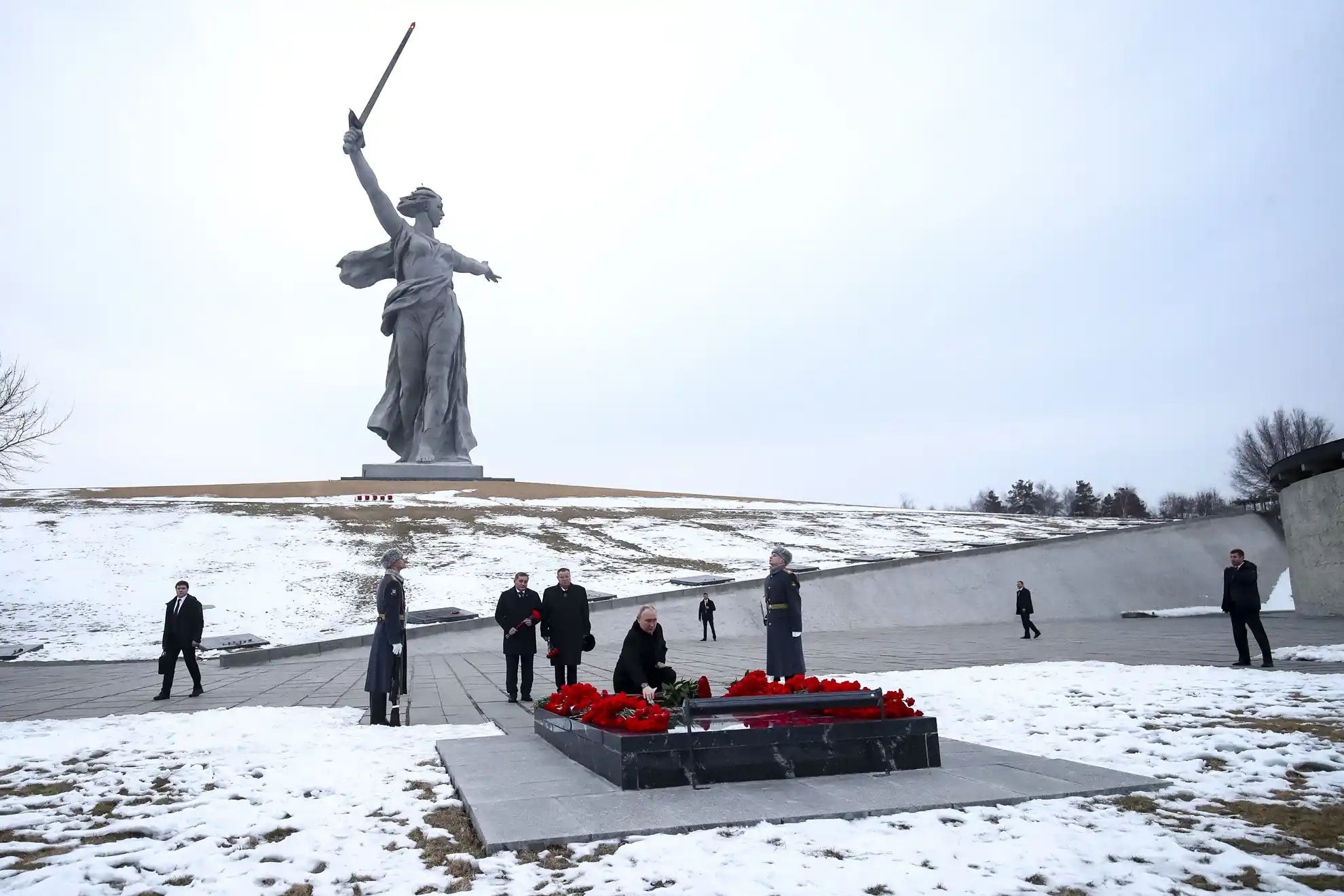Government Grants Fuel War-Related Initiatives
The Russian government is increasingly channeling financial support for charitable organizations towards backing the war effort in Ukraine. Veteran journalist Valery Panyushkin has highlighted new data from the Presidential Grants Fund, a key mechanism through which the Kremlin distributes grants to non-profit organizations. Over the past year, the fund allocated a total of 4.735 billion roubles (approximately £36 million) to 1,497 charitable projects.
The Rise of ‘Patriotic’ Charities
Among these funded initiatives, 239—around 15 per cent—are designated as “patriotic” projects. These initiatives often draw on themes that glorify Russia’s wartime history, including preparations for the upcoming 80th anniversary of the Soviet Union’s victory in World War II and the official “Year of the Defender of the Fatherland.” Many of these projects explicitly promote the current war effort in Ukraine, with names such as Za SVOikh (“For Our Own”) and Oberieg iz doma: teplo semi na peredovuiu (“A Talisman from Home: Family Warmth on the Front Line”).
The Blurring Line Between Humanitarian and Political Causes
At first glance, these pro-war charities are integrated with purely humanitarian projects that have traditionally served the needs of Russian citizens. However, Panyushkin and other commentators warn that the increasing entanglement of peaceful charitable work with state-driven “patriotic” narratives risks politicizing the non-profit sector. This shift may ultimately transform Russian philanthropy into a tool of ideological influence rather than a means of impartial humanitarian aid.
The Decline of Independent Non-Profits
Simultaneously, the number of non-governmental organizations (NGOs) operating independently of the Presidential Grants Fund is shrinking. A recent study by Rusfond.Navigator, published at the end of 2024, found that 31 per cent of Russian non-profits now rely primarily on state subsidies and grants for funding. Organizations choosing to forgo public funds are becoming increasingly rare, with observers suggesting that only a handful can afford to do so.
The Future of Russian Philanthropy
Critics argue that this growing dependence on state financing leaves Russia’s charitable sector with little choice but to align with government narratives. Those who refuse to comply risk losing crucial financial support. As a result, many believe that Russian philanthropy now functions as much to reinforce the Kremlin’s war objectives as to fulfill its original humanitarian mission.


















